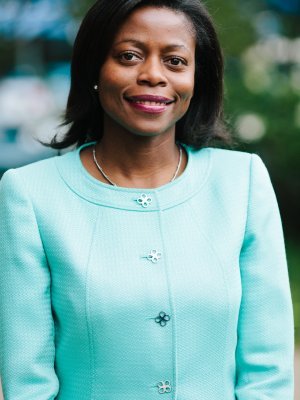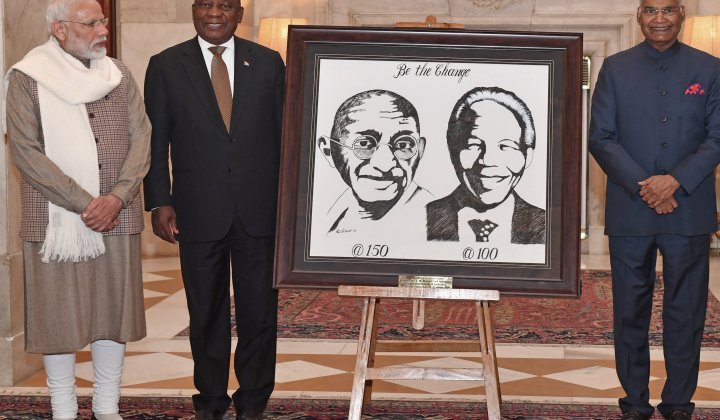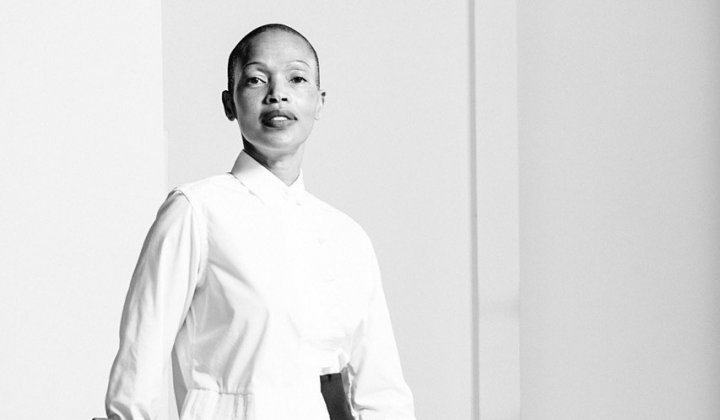It was an unremarkable evening in the very early 2000s; the beginning of a tumultuous decade. The innocence of the nineties still clung to the air (although what we know now about the arms deal puts a wrinkle on that idealistic rainbowism). I was in the swing of postgraduate life and dating a loud, worldly, articled clerk. On that day we found ourselves, with a group of friends, at a cosy and stylish restaurant that served African cuisine, in Norwood. The menu featured delights we southerners were not at all familiar with like couscous, tagines and fish stews. I think they also served local fare – possibly mogodu – but I can’t be sure.
That small restaurant grew up and spread across the city and the country. In later years, I would shepherd tourists to the far-from-cosy, 500-seater Moyo restaurant in Melrose. At the height of its popularity, I admired Moyo’s success, but I still mourned for that spot on Grant Avenue.
As the Mbeki era unfolded, and eventually unravelled, we grew up too and moved on. I did not frequent Norwood except for the occasional party. Then two years ago, I hired a nanny who happened to live in Norwood.
It also happened that my small business was in need of offices. I did my rounds at the popular flexible working spaces. Nothing grabbed me.
Then my brain started making some unexpected connections and I turned to Norwood. I recalled that little high street bursting with hustle. The place that spawned what was, for a while, a remarkable but relatable business success story. I started walking around the area. Grant Avenue still had that solid block of restaurants. But there were many new occupants, including what my assistant calls a “spaza”, even though she can’t explain why it’s not just a shop, like the Spar down the road.
I recalled that little high street bursting with hustle
There’s a new African restaurant whose prospects of expansion appear slim – but these things are unpredictable. A trendy, shabby-chic coffee shop is more promising, having taken over the space next to it. A family lawyer who has overseen some notable divorces maintains a practice just off the high street. There’s a second-hand furniture store where I have found exquisite pieces for my office, what is now known as the Mzansipreneur Reading Room.
We’re an old-school community. Of course, you can see the businesses that are auditioning to take over the city and the country. You see it in the store design that screams replicability and franchising. The food concept that is just waiting for the right capital injection. The nail bar that wants to be in every mall. This slice of Johannesburg is a reminder that South Africa is brimming with vibrant and entrepreneurial people, given the chance, and the space.
It’s not all rosy in the ’hood. In the time I have been here, businesses have collapsed in front of our eyes. Poverty is more visible here than in sanitised Sandton or booming Rosebank.
Setting up a base here has also forced me to confront what ‘making it’ means spatially. Many new businesses still buy into the age-old notion of having the right address. Which, in Johannesburg, probably means a corporate-run office block in Rosebank or Sandton. In an article with the scolding title, Startups could raise a lot less if their expenses weren't so lavish, published on the business site Quartz at Work, Chamath Palihapitiya, a venture capitalist, breaks it down thus: “It’s fine to fail. But if you fail because you didn’t have the courage to move to Oakland and instead you burned 30 percent of your cash on Kind bars and exposed brick walls in the office, you’re a f** moron.”
The spatial reality in our cities is that they do not work well for entrepreneurship to thrive. Too many people are stuck in neighbourhoods that do not have vibrant local economies. On one end of the spectrum are poverty traps; at the other end are the expensive business enclaves, and not much in the middle. Norwood has its contradictions: it is a site of relative privilege but it could use a bout of investment and inclusive regeneration. Nonetheless, it gives a hint of the possibilities in that middle sphere.





